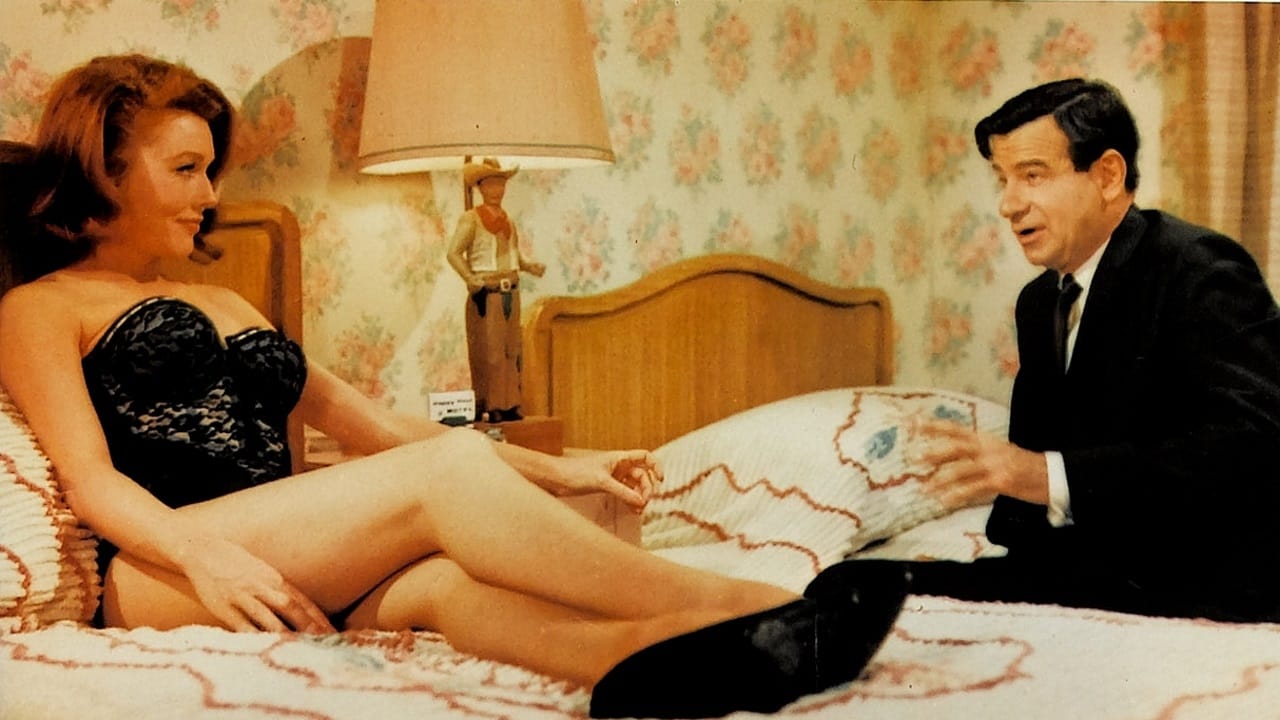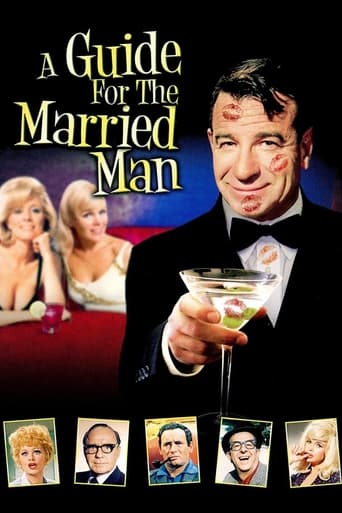school_account
The late Walter Matthau is completely wasted in this unfunny film. Matthau made a name for himself in tour-de-force performances in for example "The Front Page" with Jack Lemmon and "The Fortune Cookie" to name only two. These were however directed by a master, the great Billy Wilder.This film goes to show Gene Kelly's inexperience as a director. He's a dancer for goodness sake , what was he thinking making this garbage. The script is also overly complicated and unfunny in the extreme.Matthau is completely miscast in this movie. The subtlety which he normally offers is not on show at all in this film and what results is a complete disaster for Matthau, turning in the worst performance of his career.Robert Morse over acts to the point of being so bad that his acting must rate as the worst on screen comedy performance of all time. This type of over acting would probably work better on stage than in a film. I don't think the director (Gene Kelly) told him this at the time. Morse sickeningly over acts and Matthau under acts! The only saving grace is the sexy Inger Stevens, although this is not supposed to be a porn picture, she is clearly naked underneath her see-thru nightdress in one scene, trying to entice Matthau. A fact which he completely ignores, preferring instead to lie in bed and read his book. Of course this is the only mildly amusing part of the movie, Matthau ignores his hot wife to run around with other less hot women. This is the ONLY joke in the whole movie that works! Although one joke and one good looking hot woman does not a movie make. It takes a good script, good acting and good directing as well, which this film is totally lacking.Inger Stevens was of course in real life a manic depressive who sadly took her own life. Which is the greatest tragedy in movie history, losing such a hot babe to suicide. Her depression was probably not helped much after seeing the daily's of this movie! What an awful awful film!
moonspinner55
Married financial consultant, who hardly seems to notice his curvaceous, efficient wife at home, gets tips on cheating from his smarmy neighbor, a divorce lawyer. Somewhat unfair suburban comedy from writer Frank Tarloff gives us a group of neighborhood wives who congregate only to make chit-chat about what spoiled little boys their husbands are--only single women or divorcées are on the make. Accentuated by sketch gags and pantomime bits featuring an array of '60s celebrities, the film is a plush and cozy commercial (for many idle things, including Hertz Rent-a-Car). Walter Matthau does a few amusing double takes, and the finale--where he finally checks into a motel room with a woman--is funny; unfortunately, director Gene Kelly stages the leering material like old TV routines. The whole picture feels like a rerun. ** from ****
Merwyn Grote
A GUIDE FOR THE MARRIED MAN is a period piece, a relic of a time gone by. It is set in a brief American era of the 1960s when sophistication was marked by the three-martini lunch, where male wit and style were drawn from the pages of Playboy; and where the war between men and women was a naughty little game played as part of The Good Life in suburbia, not a cultural one fought in the board rooms and the court rooms. Every bit as artificial in its glib amorality as a Norman Rockwell painting is in its ambiance of homey traditionalism, A GUIDE FOR THE MARRIED MAN is about adultery, not as a thou-shall-not commandment, but as a sporting event. And though it views adultery as a dangerous game, not without its risks; A GUIDE also views it as a male challenge that must be met, because, in the words of one character, "she's there!"Structurally, the film is an old-fashioned throwback to the days when a studio would concoct a movie designed to showcase its stars in bite-size appearances; either in musical faux-biographies like ZIEGFELD FOLLIES and NIGHT AND DAY or in episodic comedies like IF I HAD A MILLION and WE'RE NOT MARRIED. Considering the film is smoothly directed with assured style by studio-bred legend Gene Kelly, such a variety show format is not that surprising. In this case, instead of putting on a show, the framing story involves Walter Matthau as a mostly happily married man with a seven year itch. He is married to a perfect wife in the very attractive form of the perfectly vivacious Inger Stevens. Yet he wants cake that he can both have and eat, because, to paraphrase, "you'd get tired of steak, if you didn't have fish once in awhile." To teach the old dog his new tricks, enter Robert Morse as the impish, married swinger-next-door to provide sagely advise on how to best weave webs of deceit. In teaching Matthau the dos and don'ts of cheating, Morse offers up numerous "I once knew this guy who ..."-style urban legends, all illustrated via comic vignettes by a cast of wonderful "technical advisors," including Wally Cox, Art Carney, Lucille Ball, Sid Caesar, Phil Silvers, Ben Blue, Polly Bergen and Louis Nye, among others. While all the skits are very funny, a few are tiny comic masterpieces: Jack Benny in "How to break it off;" Joey Bishop in "Deny, deny, deny;" Carl Reiner in "You can never be TOO careful!" and Terry-Thomas and Jayne Mansfield illustrating why adultery should never be a home-based hobby. The film skillfully walks the line between merely being a "Love, American Style" series of comic skits and telling a gently amusing story about a man cautiously testing the limitations of his middle class marriage and his middle American values. Yes, its approach to infidelity is dishonest and sexist and politically incorrect, but it all seems like good, clean fun compared to contemporary "sex comedies" that are defined by how far a film can push the bounds of being gross-out tasteless and raunchy. That is the quirky thing about A GUIDE FOR THE MARRIED MAN, it is strangely wholesome. There is a benign quality to its obsession with sex: no nudity, no profanity, really no sex -- even most of the bedrooms that are shown have twin beds. As lascivious as his quest for a dangerous liaison seems, there is something boyishly romantic about Matthau's lust. Mildly daring for its time, the film's approach to sex more reflects the innocent naughtiness of the Marilyn Monroe '50s than the strident feminist/politically correctness of the '70s. And like most such comedies, from THE SEVEN YEAR ITCH to BOB & CAROL & TED & ALICE to SAME TIME, NEXT YEAR to "10", A GUIDE FOR THE MARRIED MAN is all flirtation and not copulation; it ultimately recognizes the fantasy of swinging, only to use it to reaffirm the sanctity of home, marriage and family.

